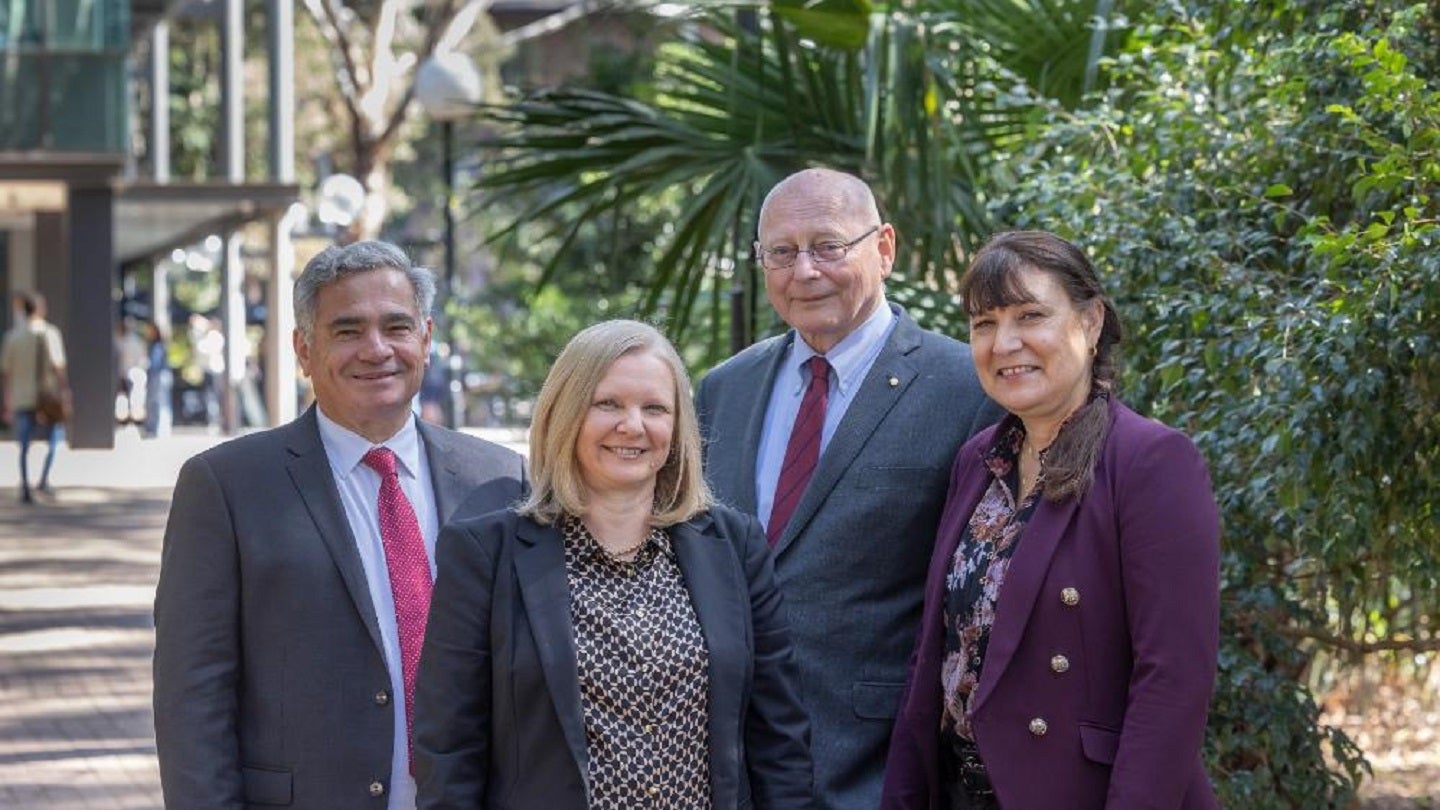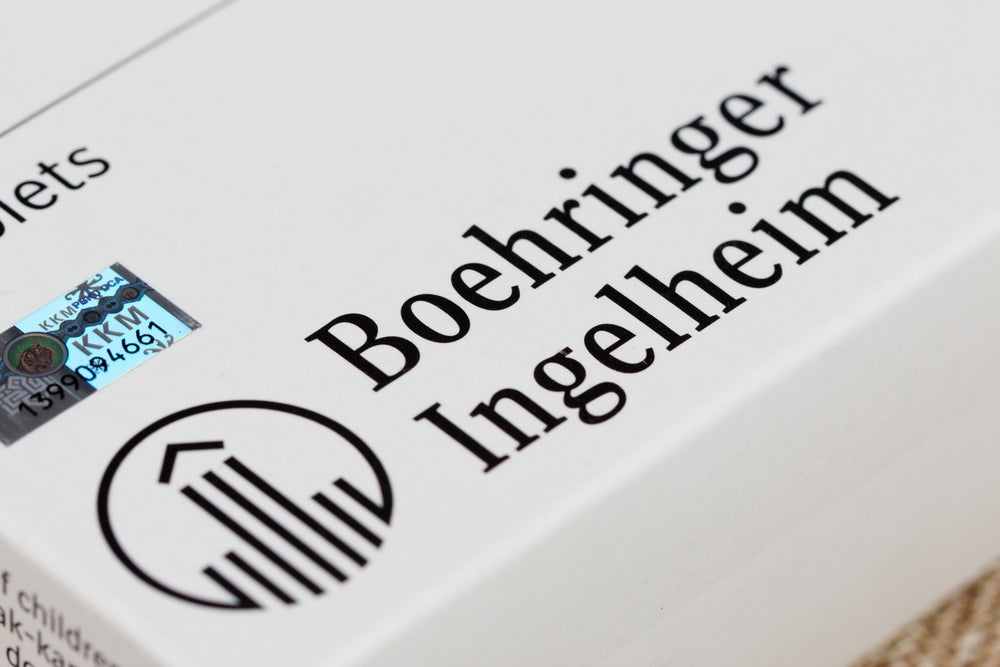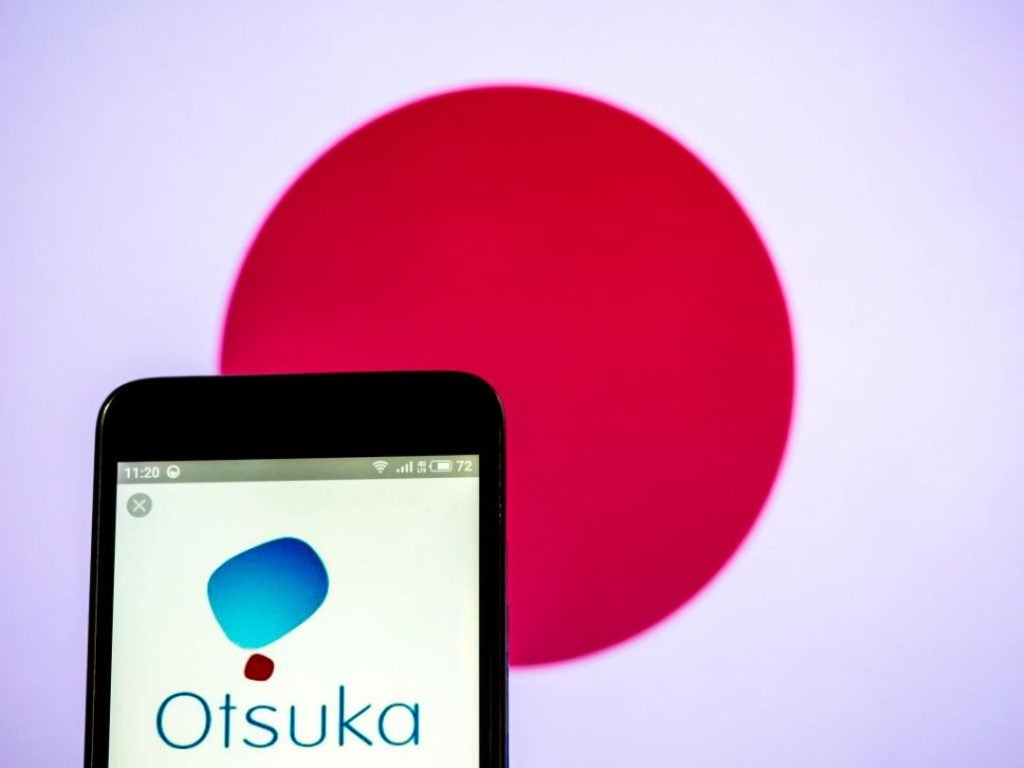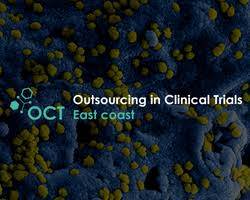
Pharmaceutical firm Phebra has reached a new six-year collaboration agreement with Australia’s University of Wollongong (UOW), focusing on compounds that target acute myeloid leukaemias and pancreatic cancer.
The partnership will continue research and development (R&D), along with trials of the patented and targeted arsenic compounds for these indications.
In 2016, the medicinal chemistry research group at the University, led by associate professor Carolyn Dillon, began collaboration with Phebra.
Dillon and Dr Judith Carrall invented the patent for the anti-cancer agent, which was published in 2019.
Utilising a targeting system, the new molecule will deliver lower quantities of the active ingredient arsenic to specific cancers.
It is expected to help minimise off-target side effects besides expanding the therapeutic potential to difficult-to-treat cancers.
How well do you really know your competitors?
Access the most comprehensive Company Profiles on the market, powered by GlobalData. Save hours of research. Gain competitive edge.

Thank you!
Your download email will arrive shortly
Not ready to buy yet? Download a free sample
We are confident about the unique quality of our Company Profiles. However, we want you to make the most beneficial decision for your business, so we offer a free sample that you can download by submitting the below form
By GlobalDataThe drug has demonstrated positive outcomes in pancreatic cell lines and acute myeloid leukaemia (AML), according to the university.
PHENASEN, developed by Phebra, is an injectable arsenic trioxide solution designed to treat haematological cancers such as acute promyelocytic leukaemia (APL).
Phebra exports PHENASEN across the globe, including the Americas, the UK, Europe Africa, and Oceania.
In Australia, the company concluded the study of bioequivalence study of an oral version of PHENASEN.
Phebra CEO Andre Vlok said: “Our work with UOW demonstrates Phebra’s ongoing commitment to bring new drugs to market for key unmet needs and to develop, locally manufacture and commercialise products which are the work of Australian researchers.
“Phebra’s aim is to keep innovating – to research, develop and produce the medicines here in Australia, which in turn, also allows the next generation of university researchers to be trained in the expertise of pharmaceutical development.”







